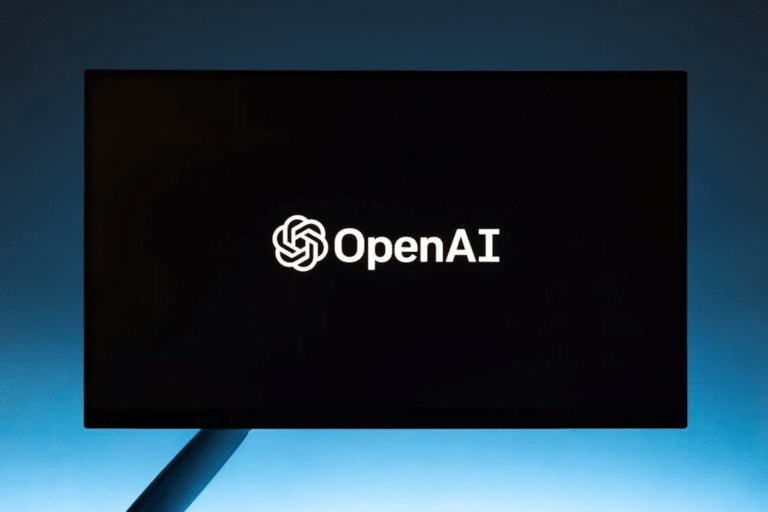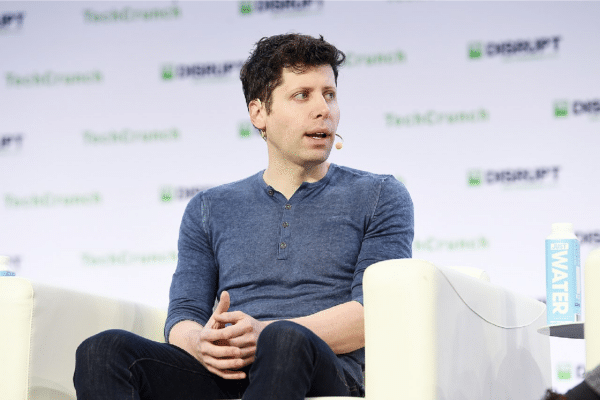TIME magazine joins the media pool signing a news license agreement with OpenAI to train the language models of the company led and founded by Sam Altman. This partnership promises significant training as the magazine has a catalog of more than 100 years of history.
The announcement of this new alliance was made last Monday, July 1, and the goal it pursues is to improve the accuracy and depth of AI-generated content. This initiative is expected to improve the quality of responses generated by ChatGPT and other OpenAI models, providing users with more reliable and informative content.
TIME magazine, founded in 1923 and based in New York, has a long history of reporting on major global events, politics, science and culture. By granting OpenAI access to its vast archive, TIME provides a treasure trove of information that can help refine AI's understanding of various topics and improve its contextual awareness and factual accuracy.
OpenAI CEO Sam Altman, who was named CEO of the Year last year by the magazine with which the company is now partnering, said enthusiastically: "This collaboration with TIME gives us access to an unparalleled wealth of knowledge."
TIME's Editor-in-Chief, Edward Felsenthal, emphasized the mutual benefits and explained: "The inclusion of AI through our partnership with OpenAI is in line with our commitment to innovation and excellence in journalism.
We are excited about the possibilities AI can bring to our editorial process and how it can help us continue to deliver quality content to our readers."
Other collaborations
This collaboration underlines the growing importance of AI in modern journalism. Even before TIME, collaborations between OpenAI and media companies such as The Atlantic, Vox Media, News Corps, AP, FINANCIAL TIMES, Le Monde, Prisa Media and Axel Springer had already been agreed.
The deal is as good for these media as it is for OpenAI, because when Altman's company's search engine sees the light of day, it will prioritize news from these media over that of other media that have not signed a cooperation agreement.




